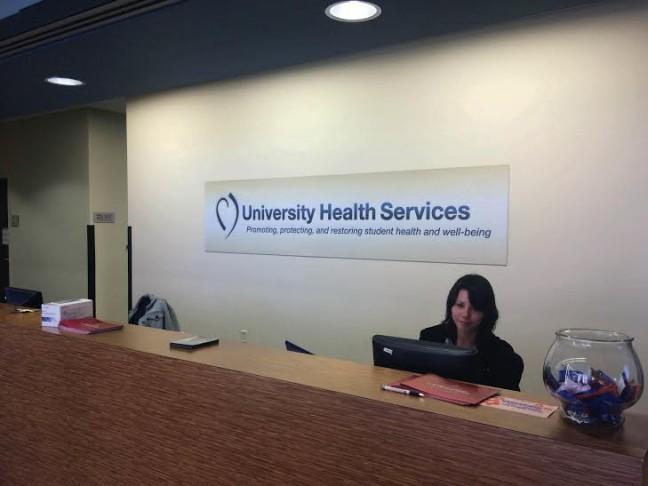Cases of the flu have risen in January, but the number is still significantly lower than past years, according to a recent press release.
Two weeks ago, there were 18 confirmed flu cases, and now there are 44, Wisconsin Department of Health Services spokesperson Jennifer Miller said.
Thomas Haupt, epidemiologist at Wisconsin Division of Public Health, said there were few cases of the flu from Sept. to Dec. 2015, but numbers have been increasing since the beginning of 2016. There have been 150 confirmed cases of the flu in Wisconsin this year alone.
But Haupt said flu cases have been significantly higher in the past — with 600 cases per week in January 2015. Haupt does not expect these numbers to increase significantly, but he said he cannot say for sure because influenza is unpredictable.
The best way to prevent the flu is to get a flu vaccination, Miller said. Flu shots are available at UHS.
“We advise everyone to get a flu shot,” Miller said.
This year’s vaccinations are anticipated to have a particularly strong efficacy rate, making them extremely effective in preventing the flu, Haupt said.
Miller said college students also have to take preventative measures to avoid illnesses. She said because students are often in large groups and working hard, they become more susceptible to illness.
Keeping hands clean is one of the most important strategies people can use to stay healthy, Miller said. Others include staying home if you’re sick to stop spreading it to other people, covering coughs, keeping surfaces clean, eating nutritious food and getting enough rest, Miller said.
Haupt said the flu is dangerous because of complications that can arise from it. He said the flu could lead to pneumonia, hospitalizations or in the worse case scenario, death from influenza.
“It’s the complications of the flu that can harm people the most,” Haupt said.
Elderly populations are most susceptible to the flu, Haupt said, because vaccines are not as effective for them.
Haupt said people need to get vaccinations and stay healthy, for their health and for the health of others.
“You’re not getting [vaccinations] only for yourself, you’re getting it for those people around you,” Haupt said.


